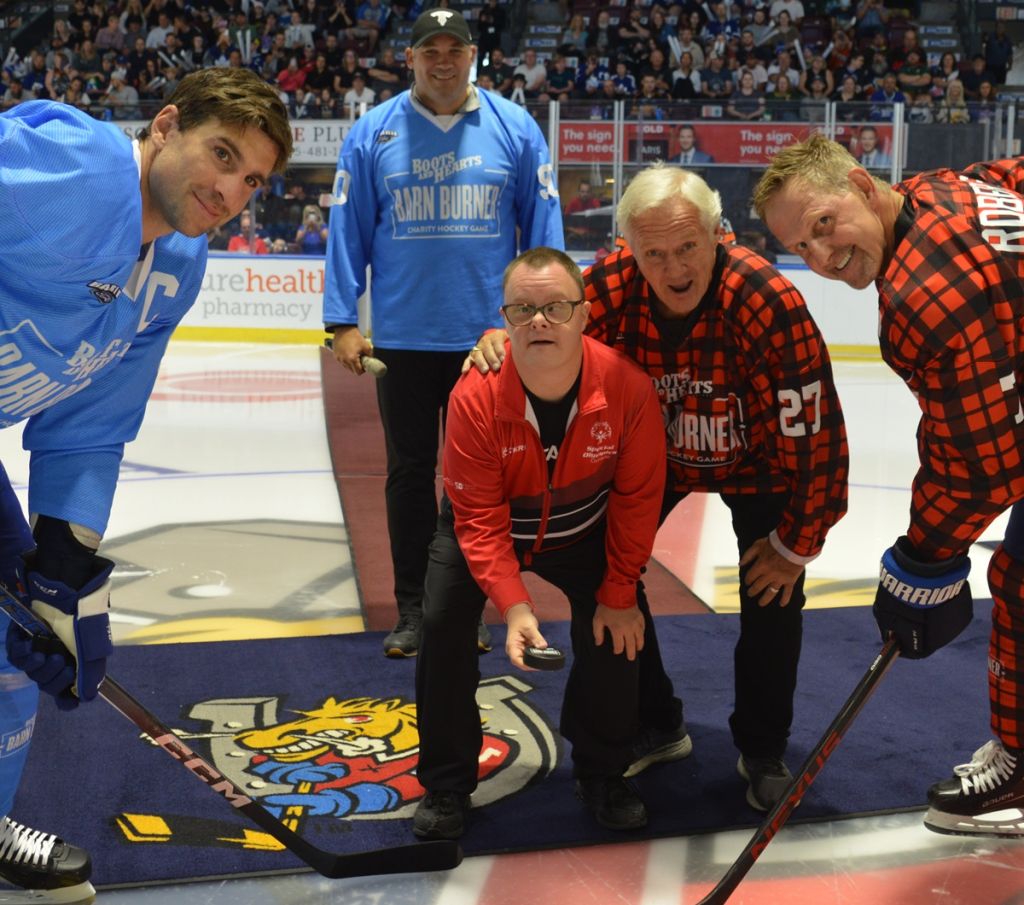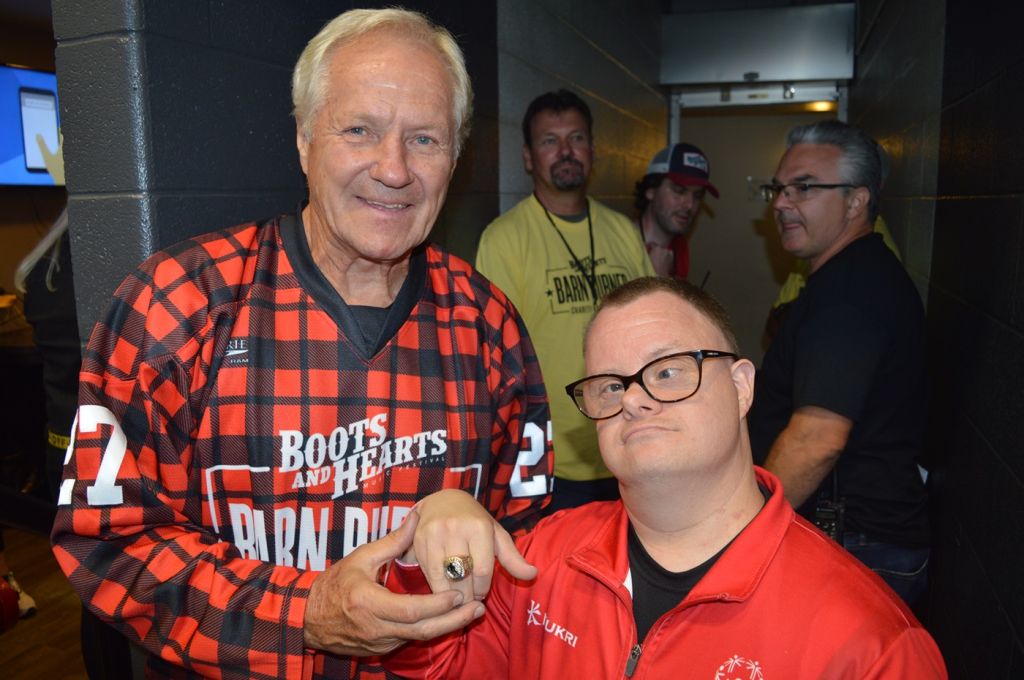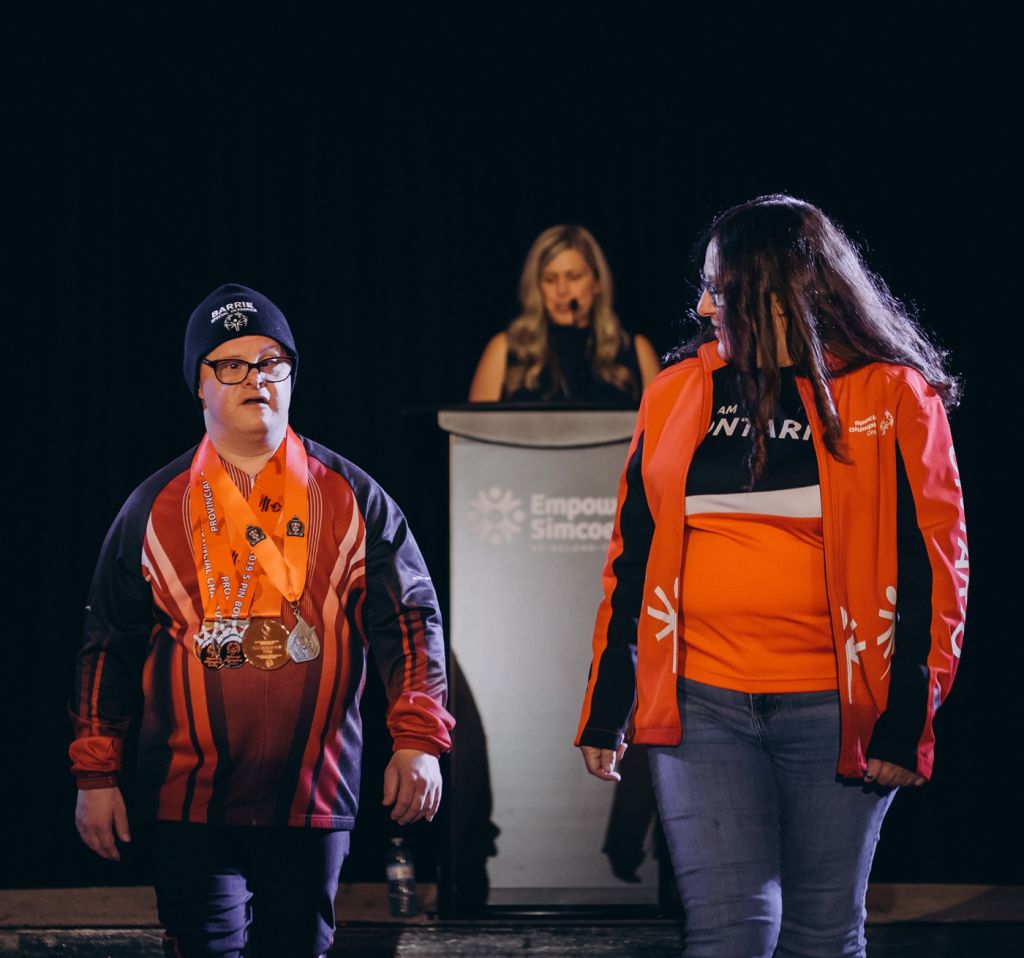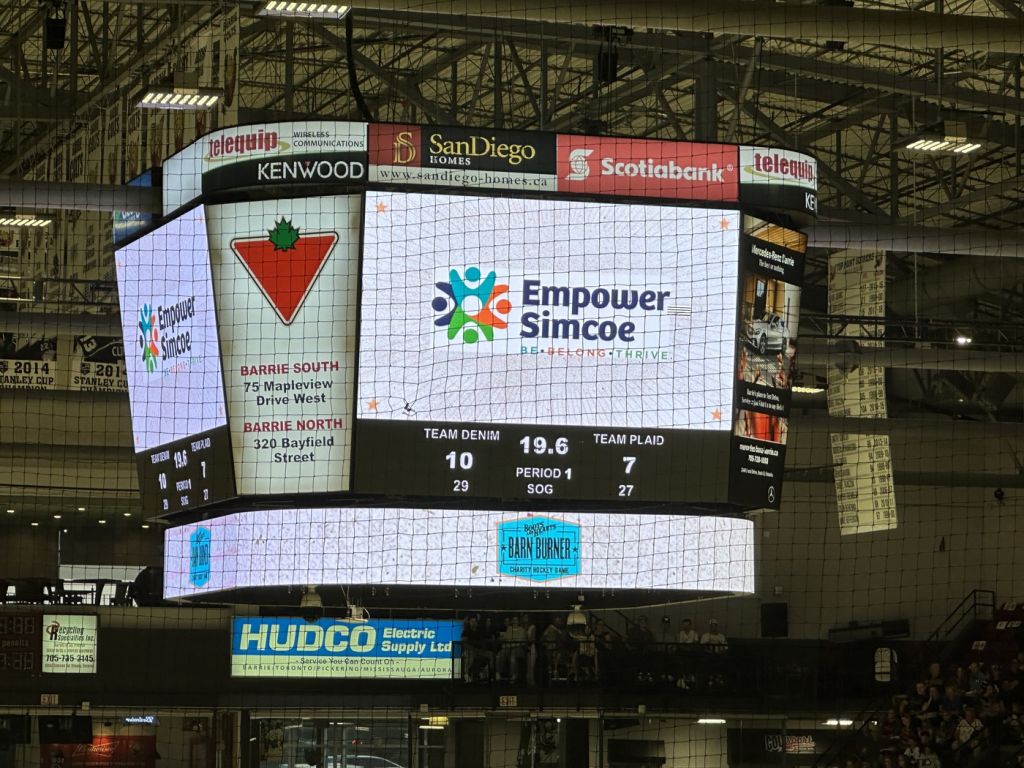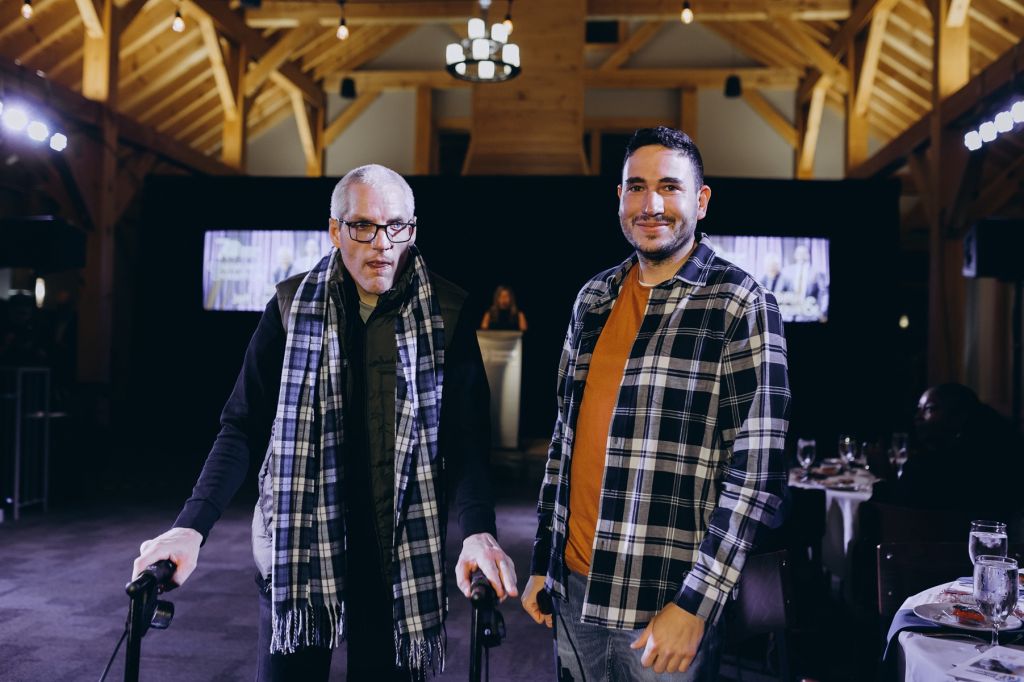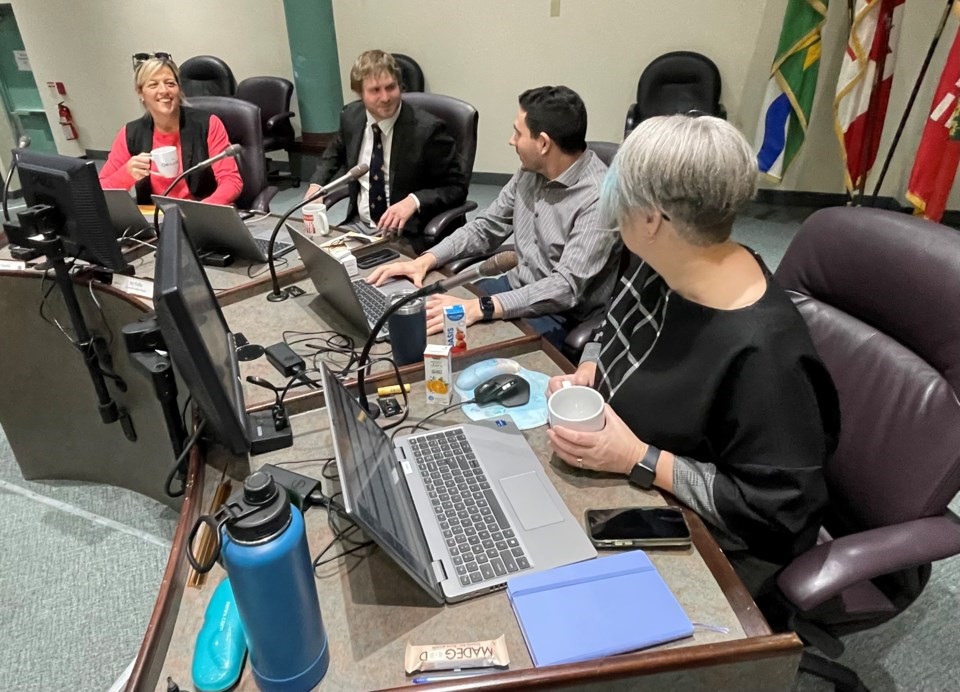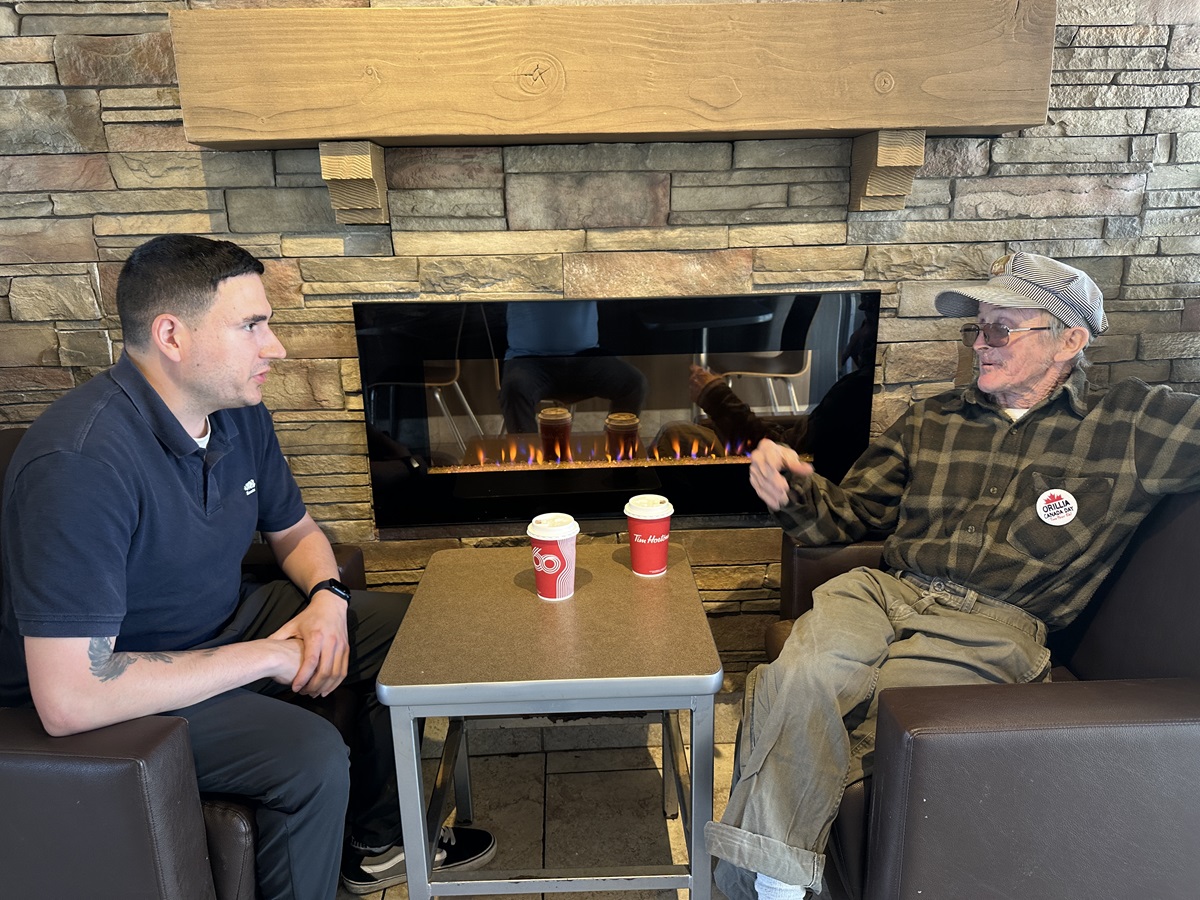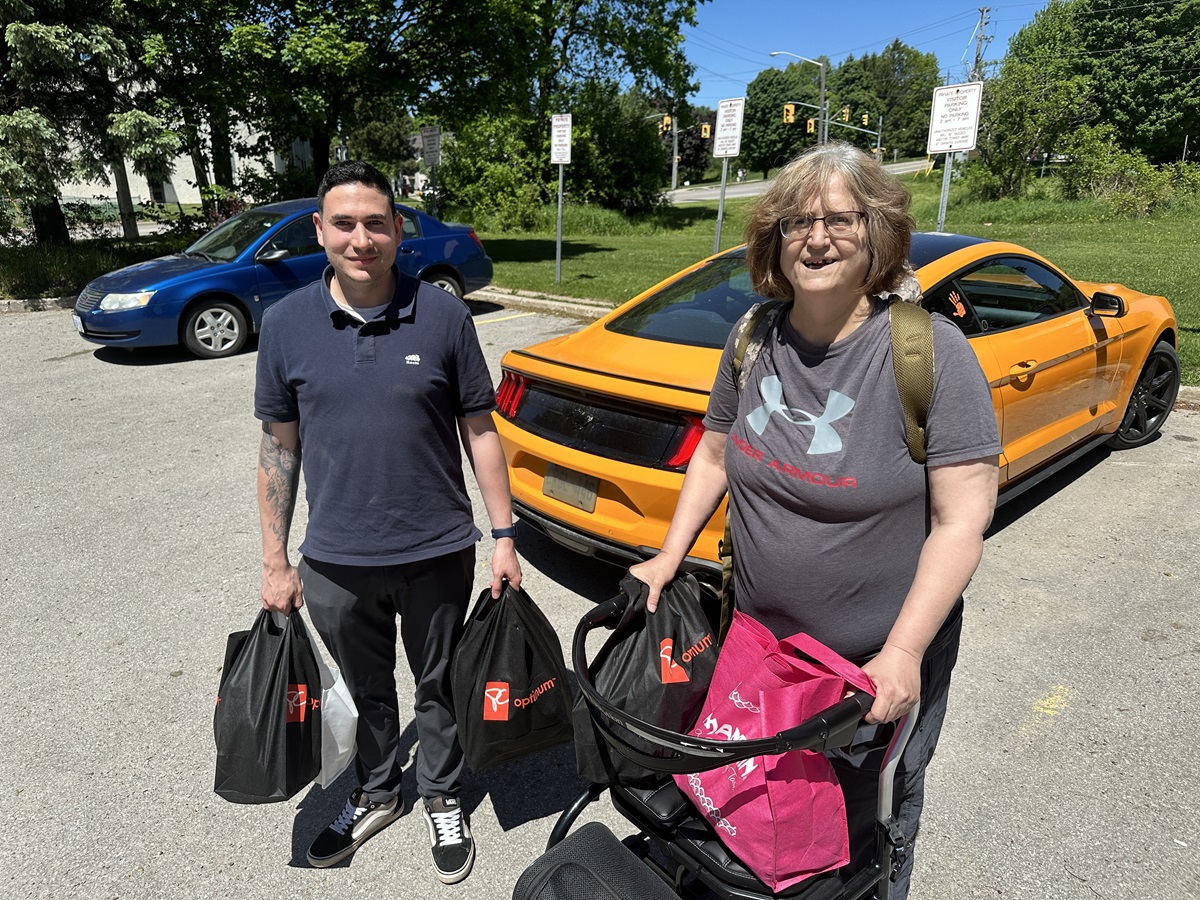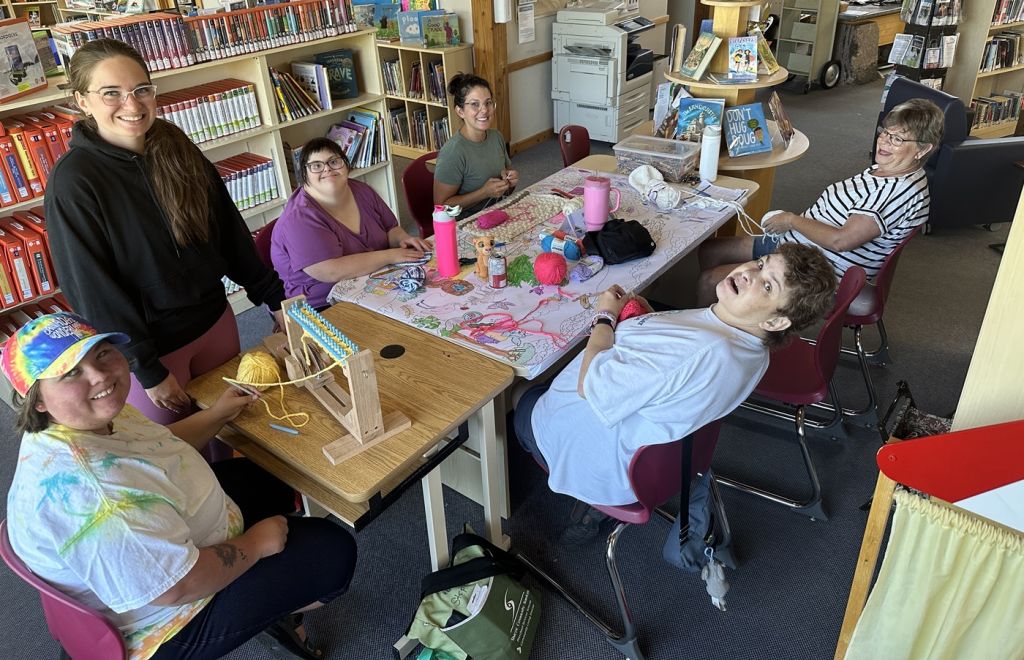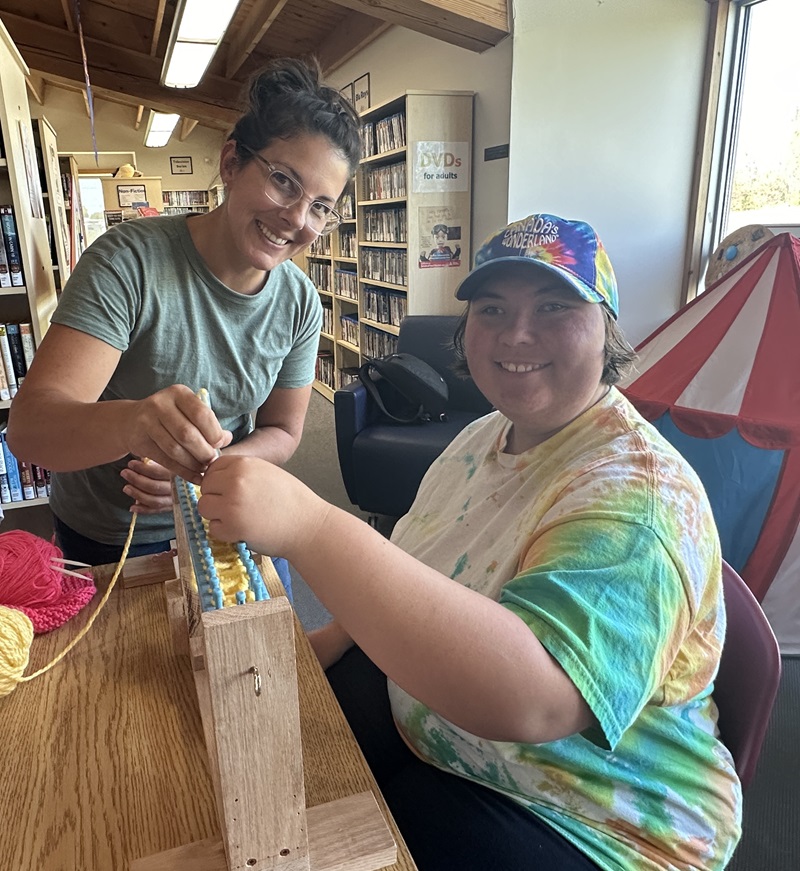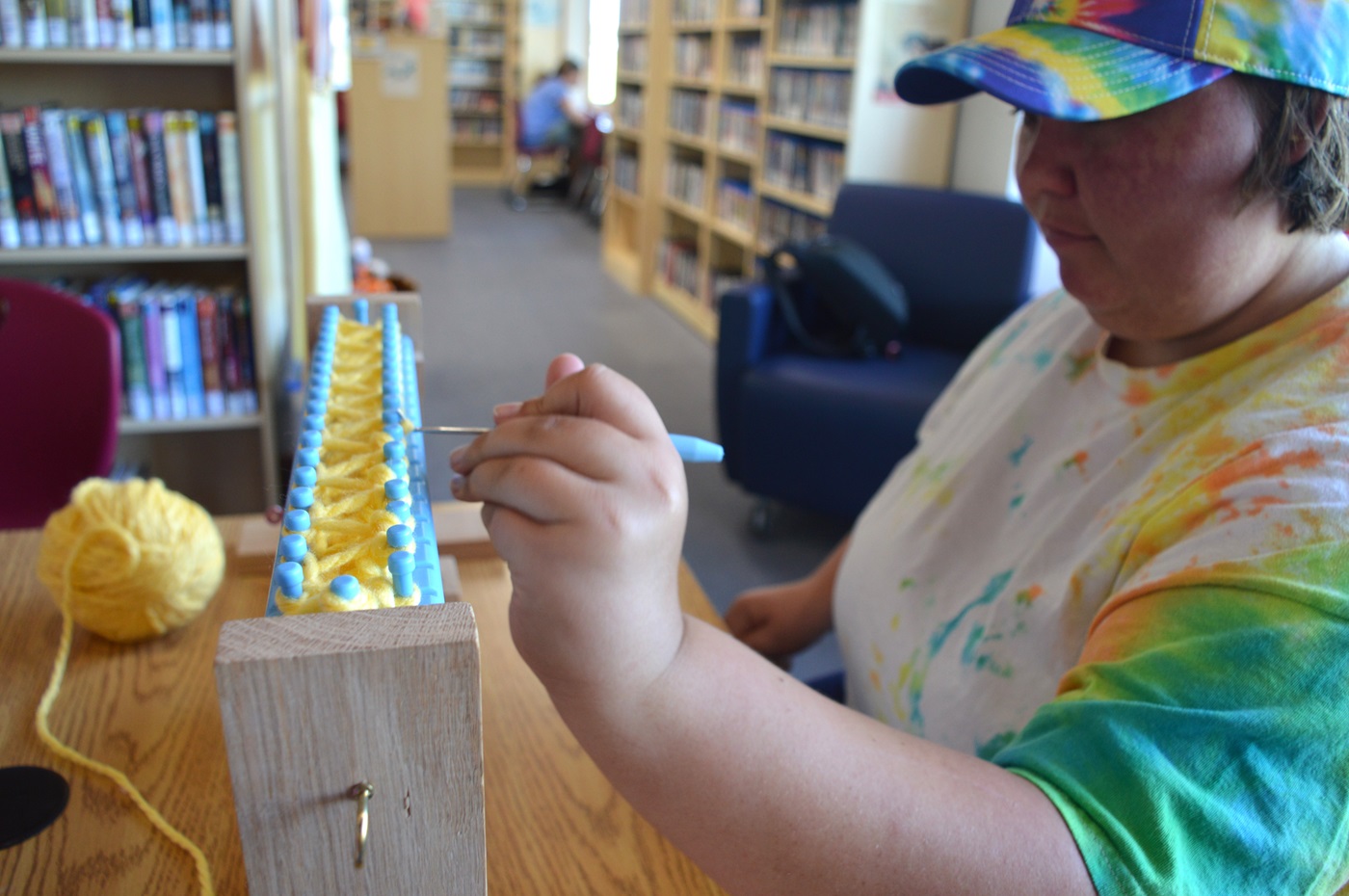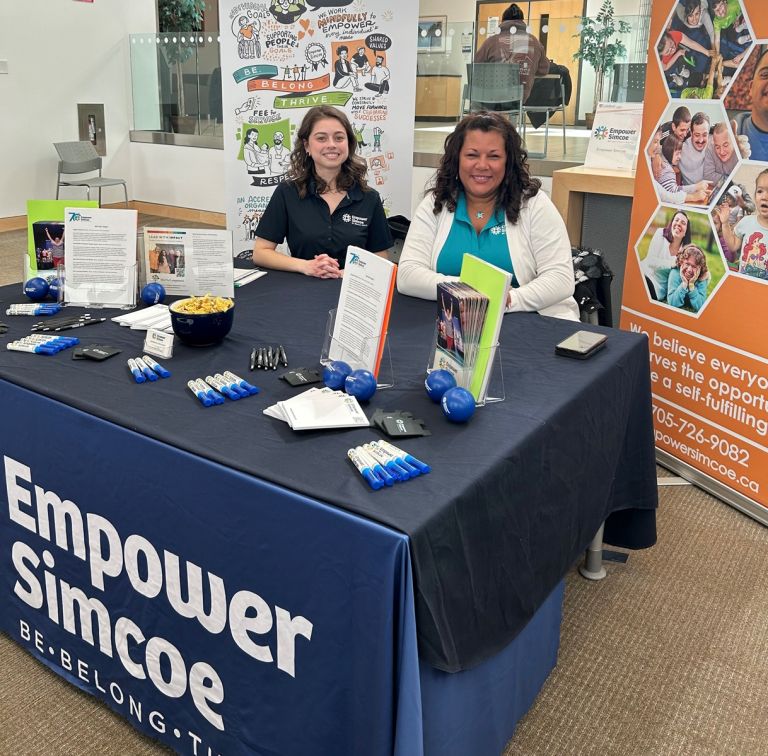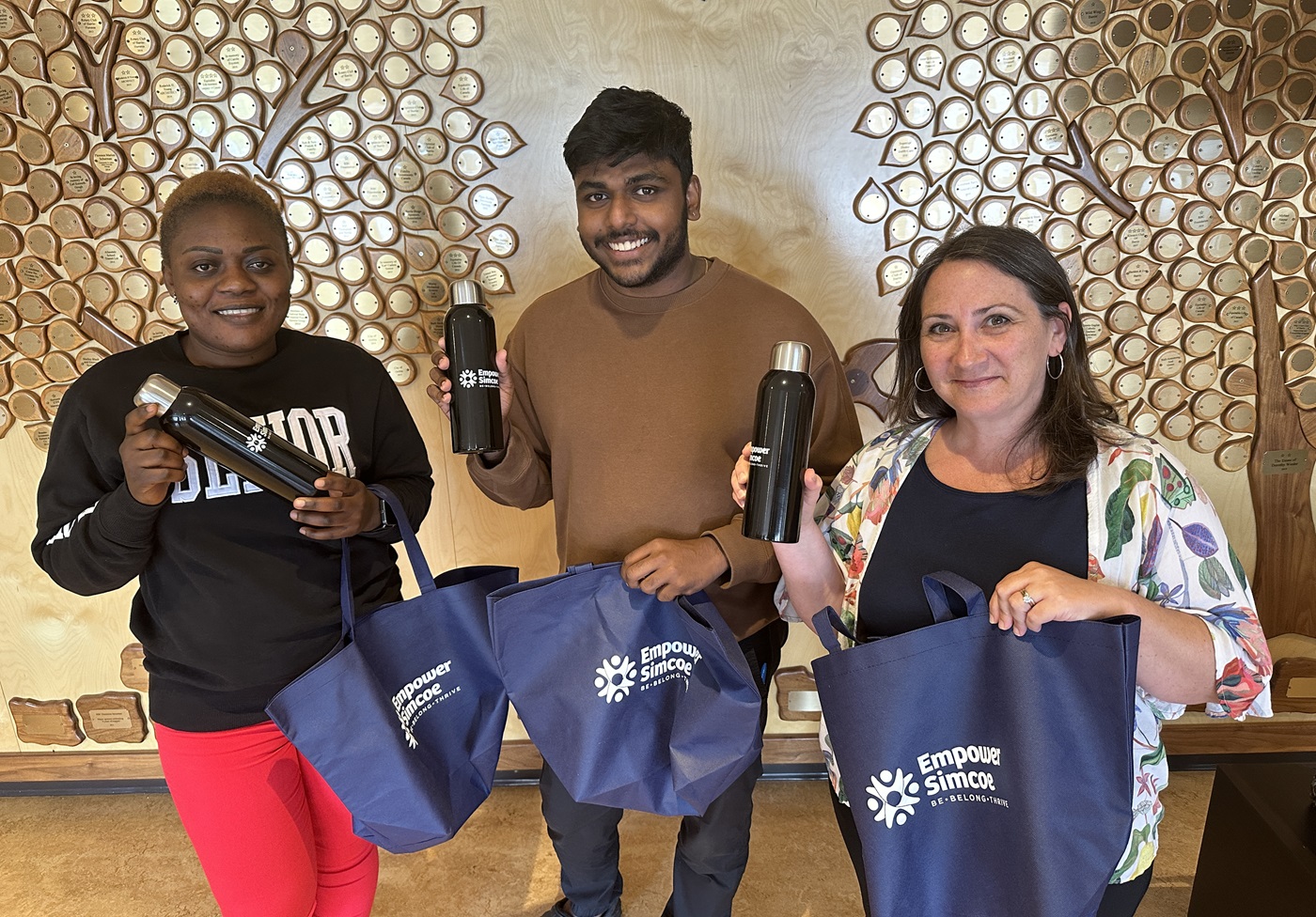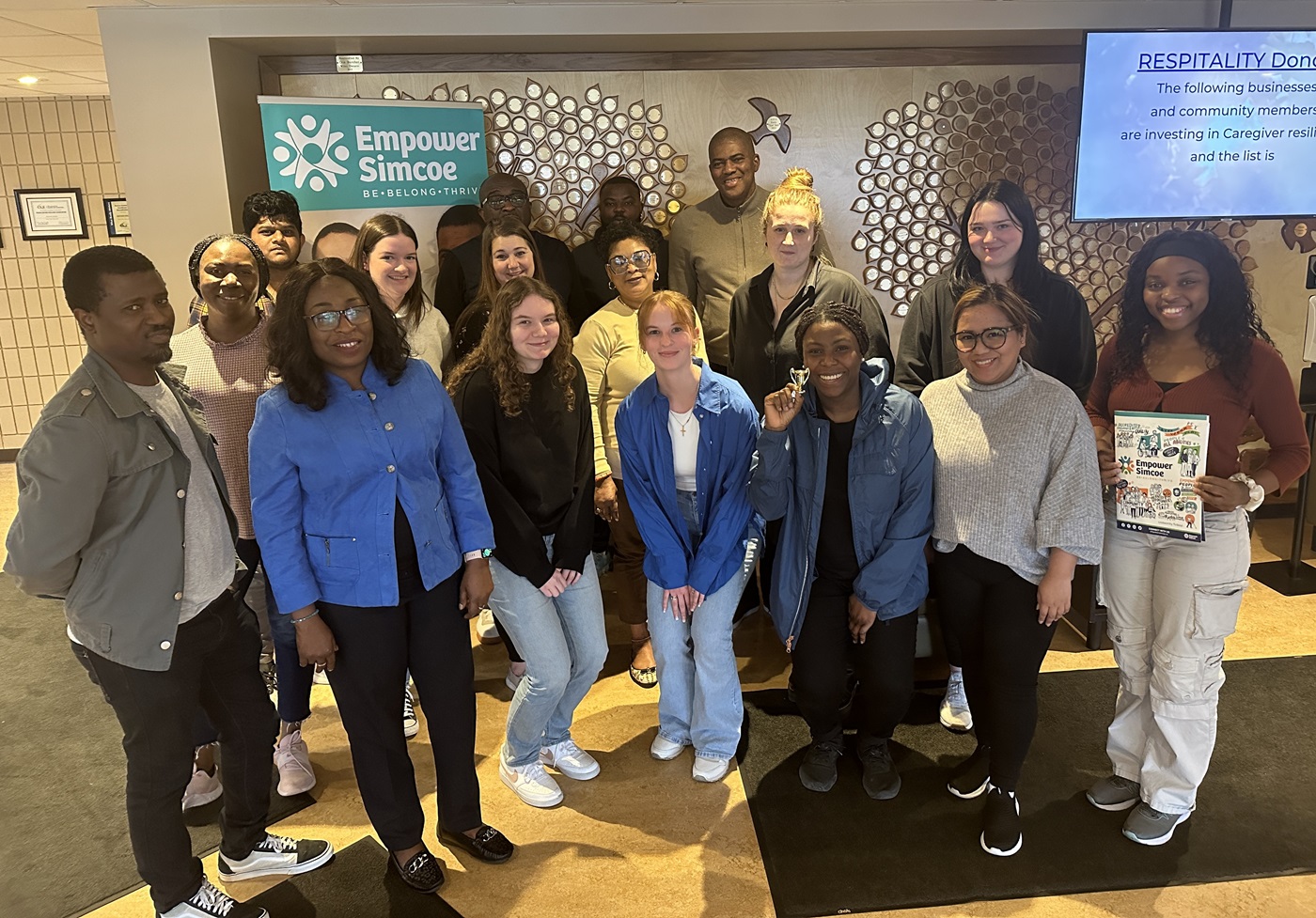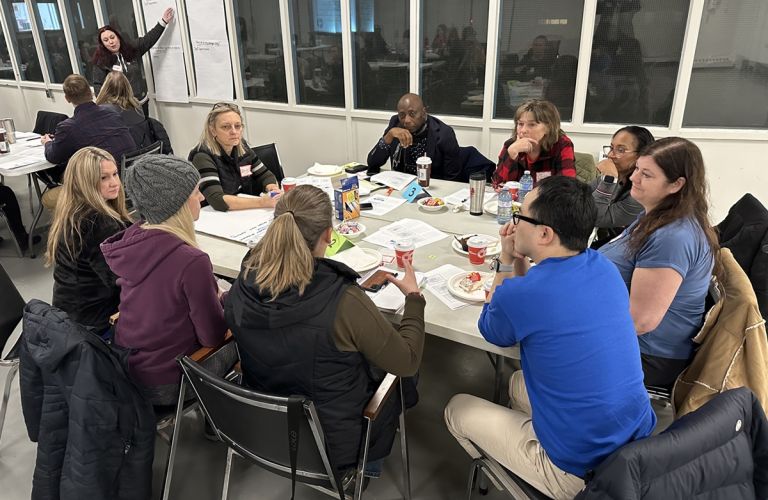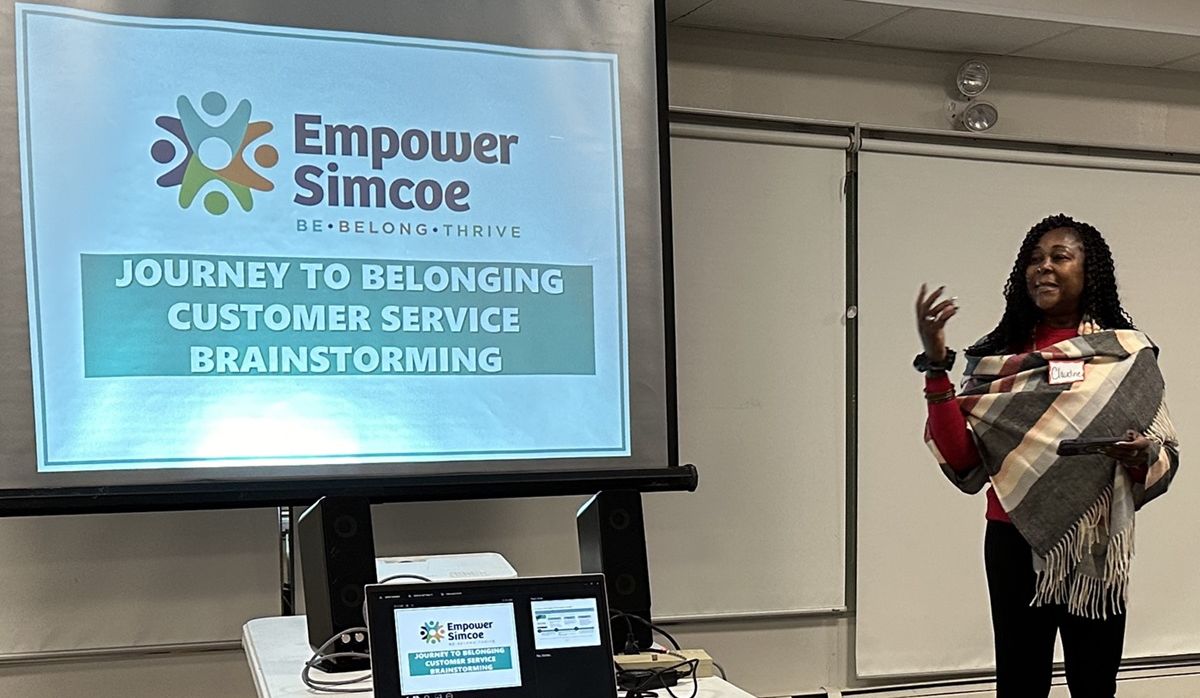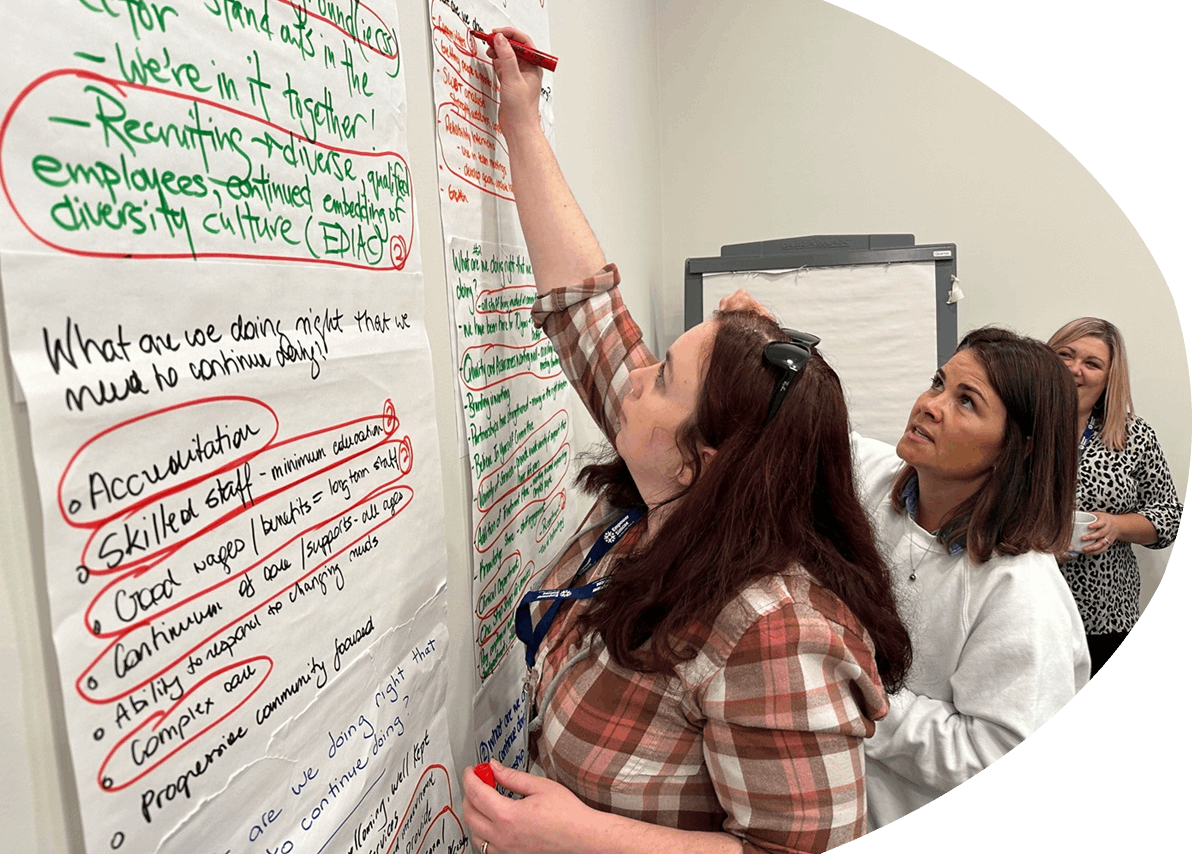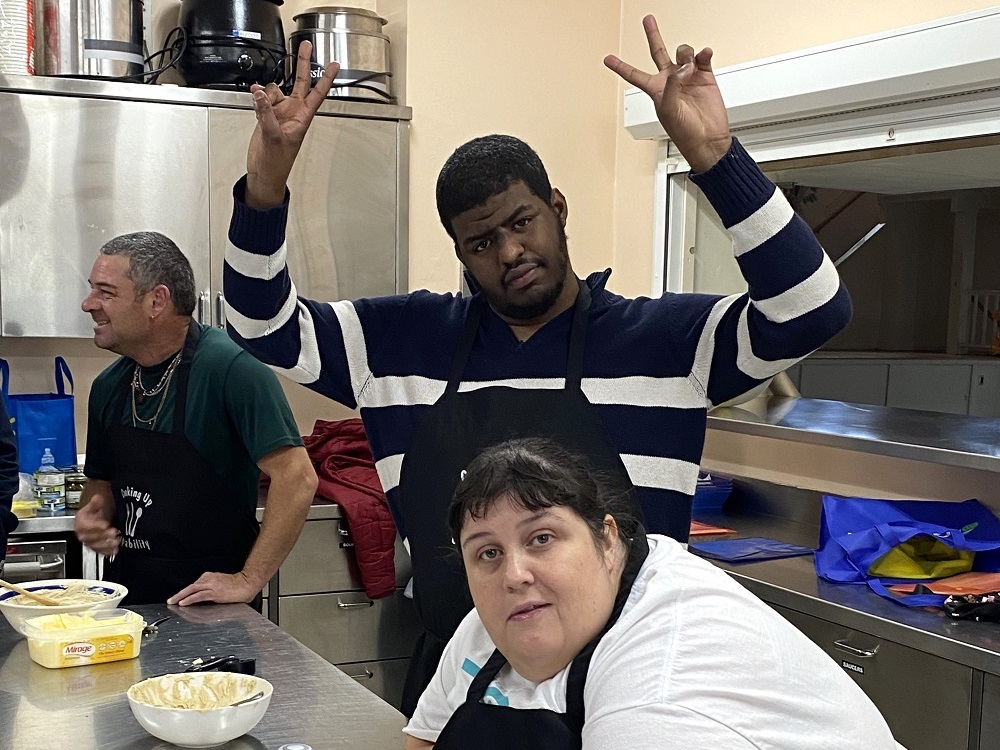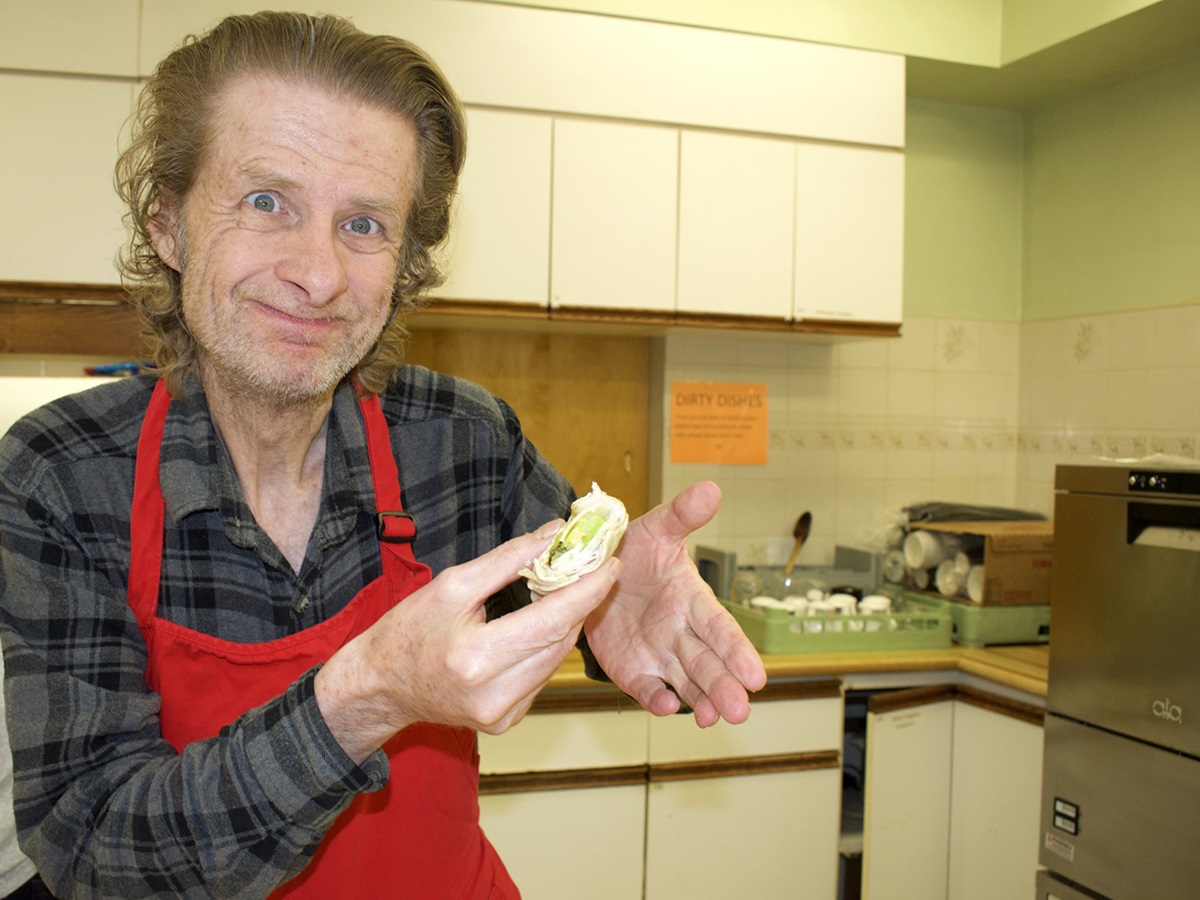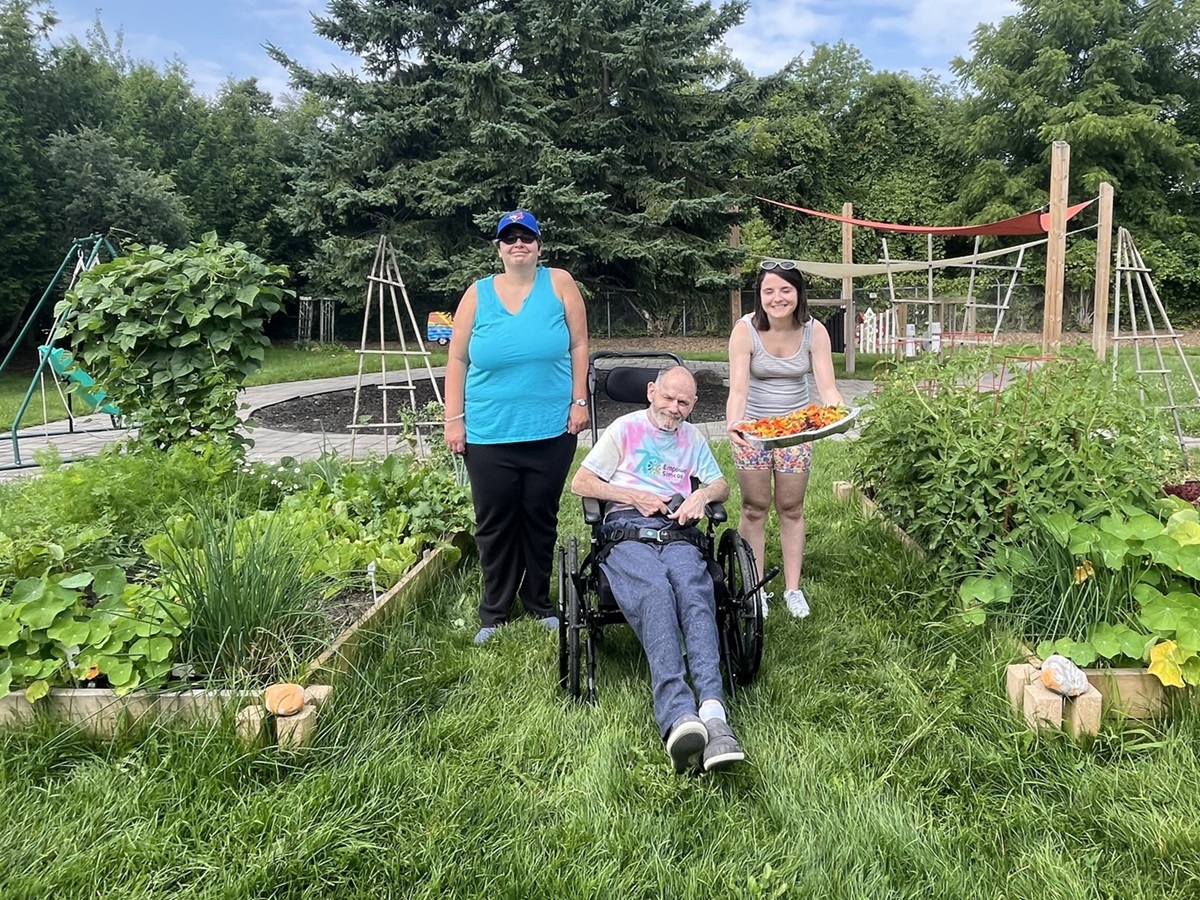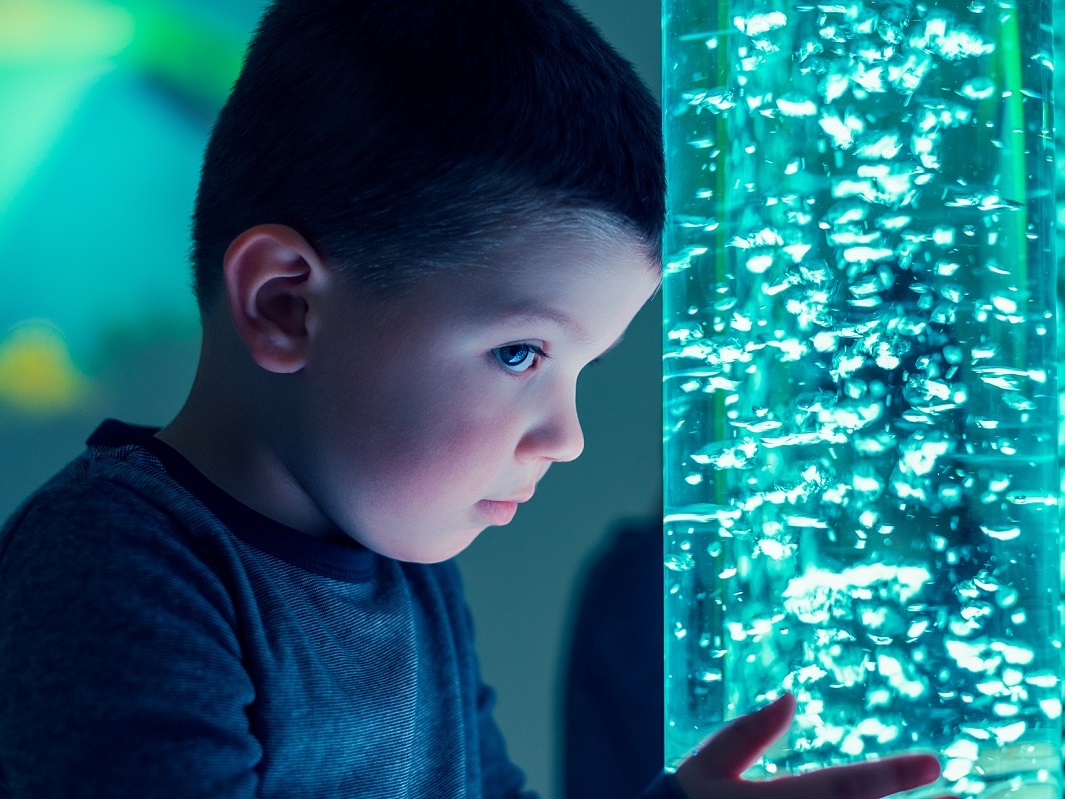Many First Nations refer to the Medicine Wheel as the Circle of Life, the Sacred Circle or the Cycle of Life. The Medicine Wheel is not to be considered a sacred icon; it is simply a symbol used as a teaching tool.
The Medicine Wheel is a circular symbol equally divided into four parts, east, south, west and north. The number four is a sacred number used in Indigenous culture. Many aspects are seen in terms of four. The sacred mystery, the source of all creation reveals itself as the powers of the four directions and these four powers provide the organizing principles for everything that exists in the world:
- Four Seasons
- Four races
- Four elements of the Universe
- Four stages of life
- Four aspects of human behaviour
- Four medicines
705-726-9082 x.2248
The cultural concept or teachings of the Medicine Wheel are based on the Anishnaabe way of life, their value systems and interrelationships and connectedness to the universe/cosmos. We believe the Creator gave us borrowed time on earth therefore we must respect mother earth and all her elements, i.e.: respect for the preservation of water, trees, animals and our fellow human beings. We do this by following or living the teachings of the Seven Grandfathers and passing these teachings on to our children.

Figure 1. Medicine Wheel (adapted) – Loretta McDonald
Spiritual (Expression)
We all learn best when we can express ourselves effectively in different ways, whether through our bodies, with materials, or through words. This spiritual aspect of learning allows us to connect with our inner selves and share our unique voices.
Mental (engagement)
We learn best when we are provided with environments and experiences that captivate our attention. Through relationships with others, we explore ideas, investigate theories, and engage in play that stimulates our mental growth and curiosity.
Emotional (Belonging)
We all learn best when we feel seen, heard, and connected to others. When we know our unique perspectives are valued and our contributions are appreciated, we experience a sense of belonging that nurtures our emotional well-being.
Physical (Well-Being)
We learn better when we feel physically healthy, safe, and capable of taking care of ourselves. This includes being able to handle stress and recover from it, ensuring that our bodies are in a state of well-being for optimal learning.
Tobacco is the first plant that the Creator gave to the Anishnaabe people. It is said to be the activator of all the plant spirits. The three other plants, sage, sweet grass and cedar follow tobacco and together they are referred to as the “four sacred medicines”. The four sacred medicines are used in everyday life and in ceremonies. All of them can be used to smudge with, although sage, cedar and sweet grass also have many other uses.
Tobacco sits in the eastern doorway, sweet grass sits in the southern doorway, sage sits in the western doorway and cedar sits in the northern doorway.
Tobacco
Tobacco was given to us so we can communicate with the great Creator in the spirit world. When we make an offering of tobacco, we communicate our thoughts and feelings as we pray for ourselves, family, relatives, the community, and the world. Traditional people offer tobacco each day when the sun rises to give thanks for another day.


Sage
Sage is used to prepare for ceremonies and teachings. Known as a women’s medicine, it is commonly used for releasing the mind from troubles and removing negative energy. Sage is also used for cleansing homes, sacred items, and has medicinal purposes for healing.
Cedar
Cedar, like sweet grass and sage, is used to purify the home and has many restorative medicinal uses. Cedar baths are known for healing the mind, body, and spirit. It is also used for protection, helping to ward off any negative occurrences around us.


Sweet Grass
Sweet grass is considered the hair of Mother Earth. Its sweet aroma reminds our people of the gentleness, love, and kindness she has for us. When sweet grass is used in a healing circle, it brings a calming effect and spreads positive energy among the people.
The Seven Grandfather teachings have been passed on to each Anishnaabe Nation for generations. They tell us to take care of mother earth, respect her and not destroy her. They tell us we all share in this responsibility. We need to make sure that the earth and everything the Creator put on the earth will always be here for future generations.
To take care of the mother earth and the communities of life we need to follow the teachings of the Seven Grandfathers which are: Bravery, Honesty, Humility, Love, Respect, Truth and Wisdom (refer to Emotional aspect for full description). Each of these teachings must be used together, for example, you cannot have wisdom without love, respect, humility, honesty, bravery and truth.




